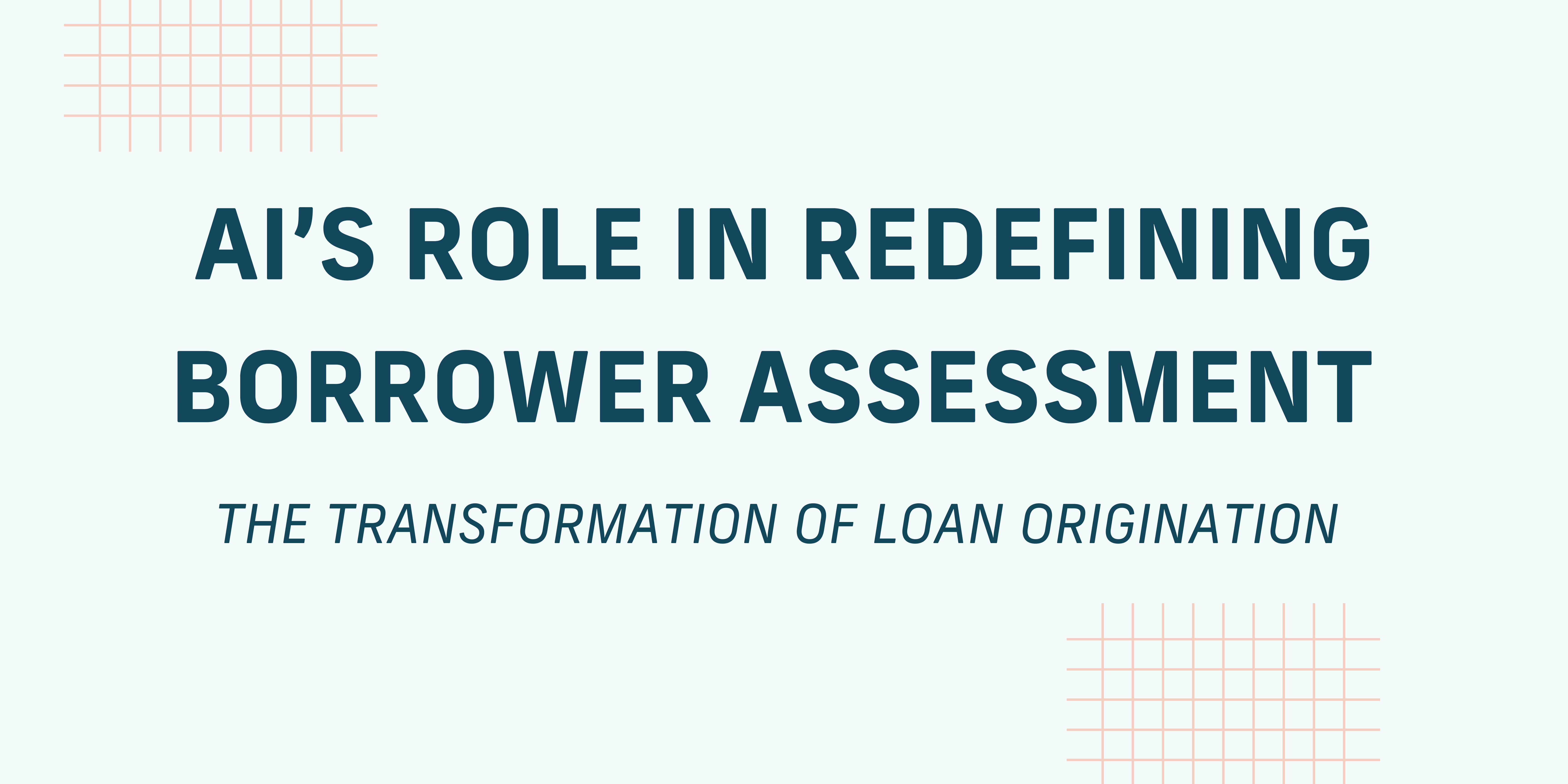AI’s Role in Redefining Borrower Assessment
The Transformation of Loan Origination
Loan origination has historically been time-consuming and prone to human error. However, the integration of Artificial Intelligence (AI) into loan origination systems is dramatically transforming this landscape. By harnessing the power of machine learning, lenders can now offer faster, more accurate decision-making processes, fundamentally redefining borrower assessment. This blog delves into the intricacies of AI-driven loan origination and its impact on the mortgage lending industry.
Streamlining the Application Process
The first major improvement AI brings to loan origination is the streamlining of the application process. By automating the initial stages, such as data collection and initial document verification, AI reduces the need for manual input, thereby minimizing errors and speeding up the process. Borrowers benefit from a more user-friendly experience, while lenders can process applications more efficiently.
Enhanced Risk Assessment
At the heart of loan origination is the assessment of risk, traditionally a task that requires considerable manual analysis. AI revolutionizes this aspect by employing sophisticated algorithms that can analyze a vast array of data points, from credit scores and employment history to more nuanced factors like spending habits. This holistic approach enables lenders to have a more comprehensive understanding of a borrower’s financial health and risk profile.
Customized Loan Offers
AI-driven loan origination systems can also tailor loan offers to meet the specific needs of individual borrowers. By analyzing personal financial data and preferences, AI can suggest loan products that are most suitable for the borrower’s unique situation, thereby enhancing customer satisfaction and loyalty. This level of personalization was more challenging with traditional loan origination processes.
Challenges and Opportunities Ahead
Despite its many benefits, the integration of AI into loan origination is not without challenges. Ethical considerations, data security, and regulatory compliance are paramount concerns that lenders must address. Furthermore, the success of AI systems hinges on the accuracy and integrity of the data they utilize, highlighting the need for robust data governance practices.
Conclusion
AI’s role in transforming loan origination is undeniable. By making the process faster, more accurate, and personalized, AI is setting new standards for borrower assessment. As lenders continue to adapt and innovate, the future of mortgage lending looks poised for further transformations, driven by the relentless advancement of artificial intelligence.




